
Antonio Francesco Gramsci was an Italian Marxist philosopher, linguist, journalist, writer, and politician. He wrote on philosophy, political theory, sociology, history, and linguistics. He was a founding member and one-time leader of the Italian Communist Party. A vocal critic of Benito Mussolini and fascism, he was imprisoned in 1926 where he remained until his death in 1937.

Eugenio Montale was an Italian poet, prose writer, editor and translator, and recipient of the 1975 Nobel Prize in Literature.
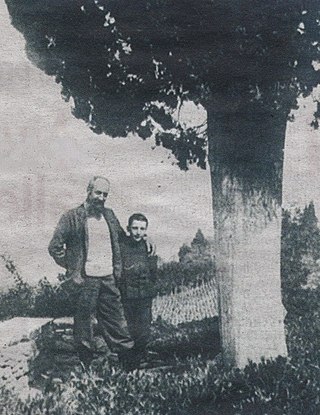
Alfredo Oriani was an Italian author, writer and social critic. He is often considered a precursor of Fascism, and in 1940 his books were placed on the Index Librorum Prohibitorum of the Catholic Church.

Piero Gobetti was an Italian journalist, intellectual, and anti-fascist. A radical and revolutionary liberal, he was an exceptionally active campaigner and critic in the crisis years in Italy after the First World War and into the early years of Fascist Italy.
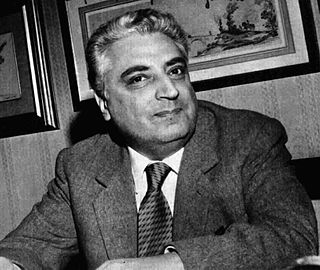
Renzo De Felice was an Italian historian, who specialized in the Fascist era, writing, among other works, a 6000-page biography of Mussolini. He argued that Mussolini was a revolutionary modernizer in domestic issues but a pragmatist in foreign policy who continued the Realpolitik policies of Italy from 1861 to 1922. Historian of Italy Philip Morgan has called De Felice's biography of Mussolini "a very controversial, influential and at the same time problematic re-reading of Mussolini and Fascism" and rejected the contention that his work rose above politics to "scientific objectivity", as claimed by the author and his defenders.
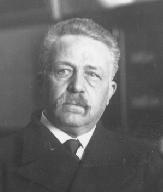
Gaetano Mosca was an Italian political scientist, journalist and public servant. He is credited with developing the elite theory and the doctrine of the political class and is one of the three members constituting the Italian school of elitism together with Vilfredo Pareto and Robert Michels.

Leone Ginzburg was an Italian editor, writer, journalist and teacher, as well as an important anti-fascist political activist and a hero of the resistance movement. He was the husband of the renowned author Natalia Ginzburg and the father of the historian Carlo Ginzburg.
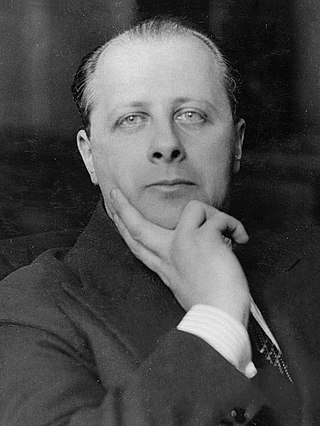
Carlo Alberto Rosselli was an Italian political leader, journalist, historian, philosopher and anti-fascist activist, first in Italy and then abroad. He developed a theory of reformist, non-Marxist socialism inspired by the British Labour movement that he described as "liberal socialism". Rosselli founded the anti-fascist militant movement Giustizia e Libertà. Rosselli personally took part in combat in the Spanish Civil War, where he served on the Republican side.

The Manifesto of the Anti-Fascist Intellectuals, written by Benedetto Croce in response to the Manifesto of the Fascist Intellectuals by Giovanni Gentile, sanctioned the irreconcilable split between the philosopher and the Fascist government of Benito Mussolini, to which he had previously given a vote of confidence on 31 October 1922. The idea of an anti-Fascist manifesto came to Giovanni Amendola, who wrote to Croce, a proclaimed anti-Fascist, for his opinions on 20 April 1925:
Dear Croce, have you read the Fascist manifesto to foreign intellectuals? ... today, I have met several people who feel that, following the publication of the Fascists' document, we have the right to speak and the duty to respond. What is your opinion? Would you be willing to sign such a document, or even write it yourself?
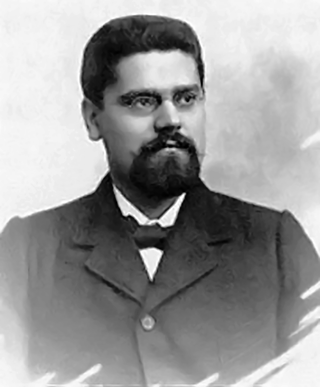
The "Manifesto of Fascist Intellectuals", by the actualist philosopher Giovanni Gentile in 1925, formally established the political and ideologic foundations of Italian Fascism. It justifies the political violence of the Blackshirt paramilitaries of the National Fascist Party, in the revolutionary realisation of Italian Fascism as the authoritarian and totalitarian rėgime of Prime Minister Benito Mussolini, who ruled Italy as Il Duce, from 1922 to 1943.

The Exhibition of the Fascist Revolution was an art exhibition held in Rome at the Palazzo delle Esposizioni from 1932 to 1934. It was opened by Benito Mussolini on 28 October 1932 and was the longest-lasting exhibition ever mounted by the Fascist regime. Nearly four million people attended the exhibition in its two years. Intended to commemorate the revolutionaries who had taken part in the rise to power of Italian fascism, the Exhibition was supposed to be, in Mussolini's own words, "an offering of faith which the old comrades hand down to the new ones so that, enlightened by our martyrs and heroes, they may continue the heavy task."
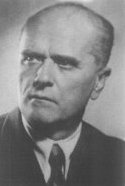
Guido De Ruggiero was a historian of philosophy, university professor, and Italian politician.
Augusto Monti was an Italian writer and professor.
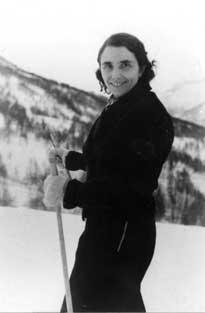
Ada Gobetti was an Italian teacher, journalist and anti-fascist leader.
Tommaso Fiore was an Italian meridionalist writer and a socialist intellectual and politician. He is known for his attention and his descriptions and studies on the inhumane conditions of Southern Italian and often specifically Apulian peasants at that time. He is also known for his Viareggio Prize-winning book Un popolo di formiche. In the 1920s, he was appointed as mayor of his hometown Altamura. During the twenty-year period of the Italian Fascist era, he strenuously opposed the regime before being sent into internal exile in 1942 and then being jailed in 1943.
Natalino Sapegno was a literary critic and Italian academician. He came to prominence as a leading scholar of fourteenth century Italian literature.
Aldo Garòsci was an Italian historian, socialist, anti-fascist activist-politician and, in his later professional career, a leading political journalist-commentator.
Il Caffè was an anti-Fascist Italian magazine which was published for a short period between 1924 and 1925 in Milan during the Fascist rule in Italy. Its title was a reference to an enlightenment publication with the same name, Il Caffè, which was also based in Milan and founded and edited by Alessandro and Pietro Verri from 1764 and 1766.
Riccardo Bauer (1896–1982) was an Italian anti-fascist journalist and political figure. He was one of the early Italians who fought against Benito Mussolini's rule. Due to his activities Bauer was imprisoned for a long time and was freed only after the collapse of the Fascist rule in 1943.

Il Baretti was a monthly literary magazine which was one of the publications launched and edited by Piero Gobetti. The magazine was published in Turin in the period between 1924 and 1928. The title was a reference to Giuseppe Baretti, who was an author in the eighteenth century, an exile and pre-romantic pilgrim.













